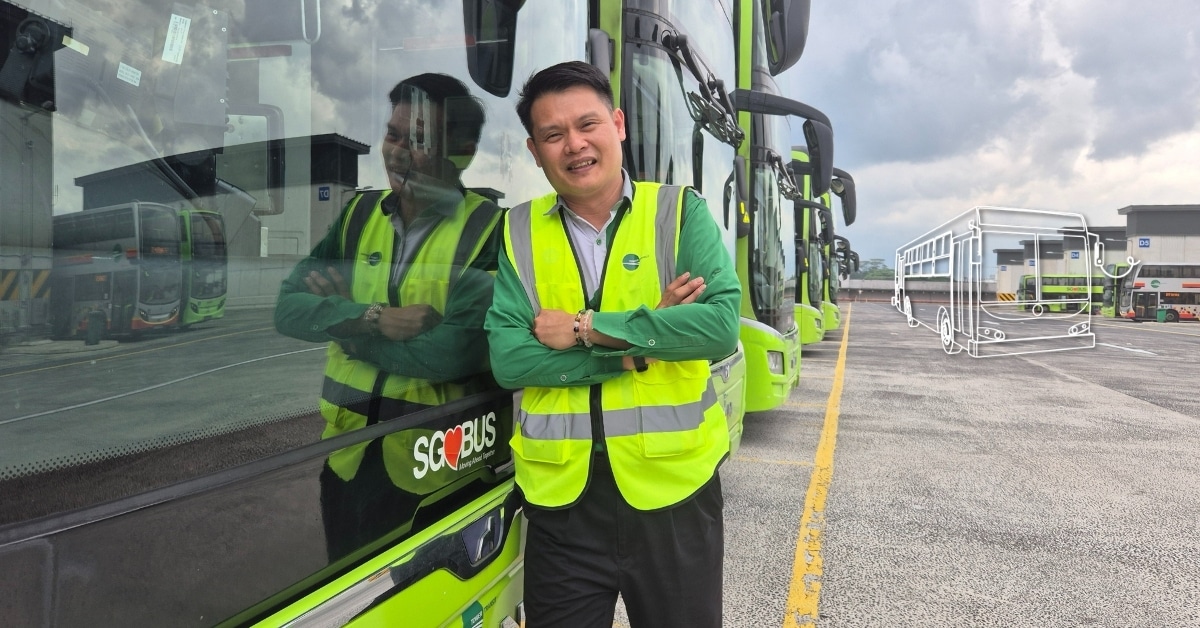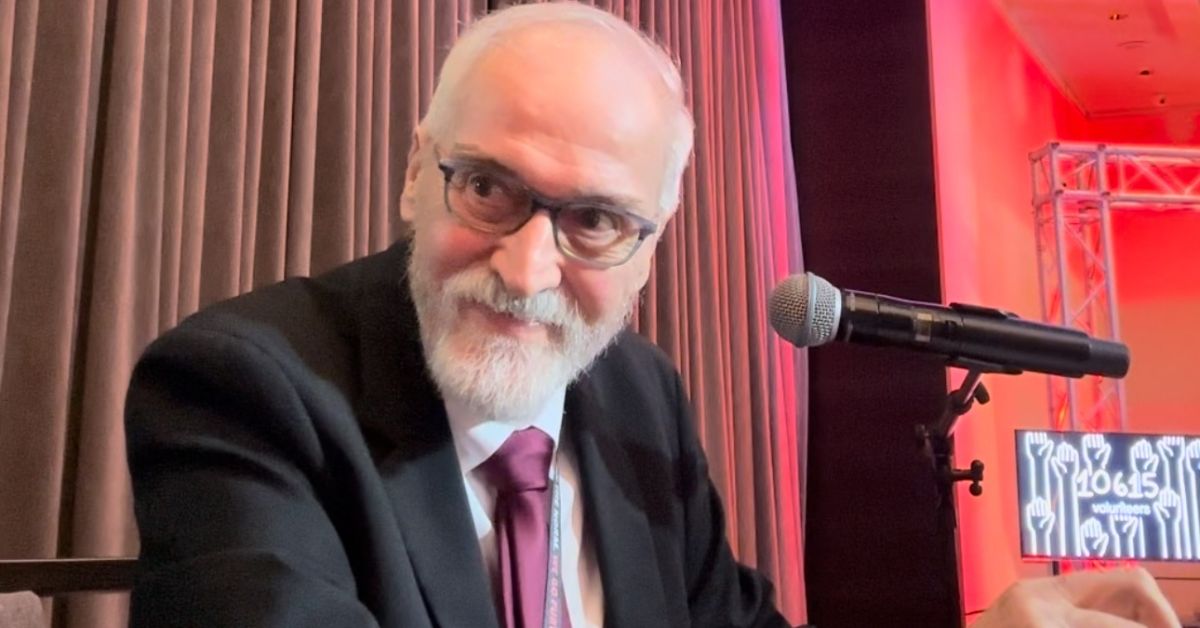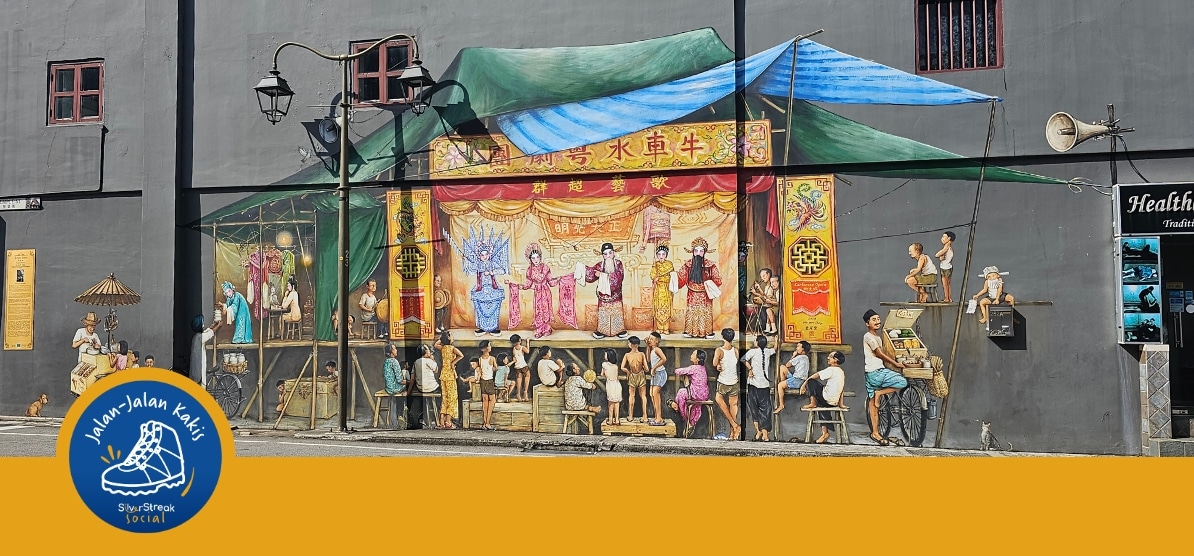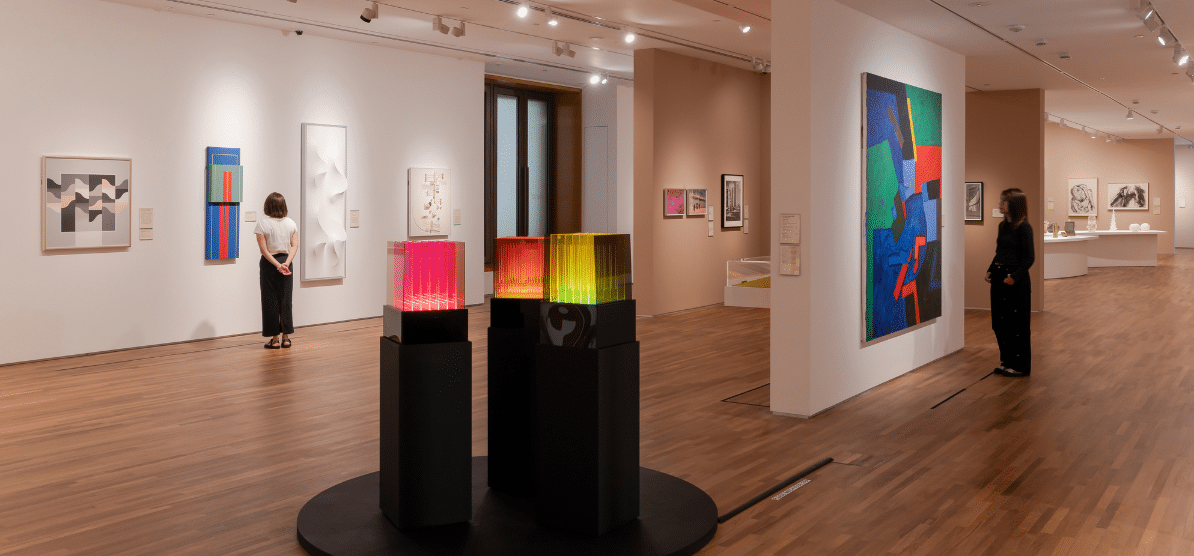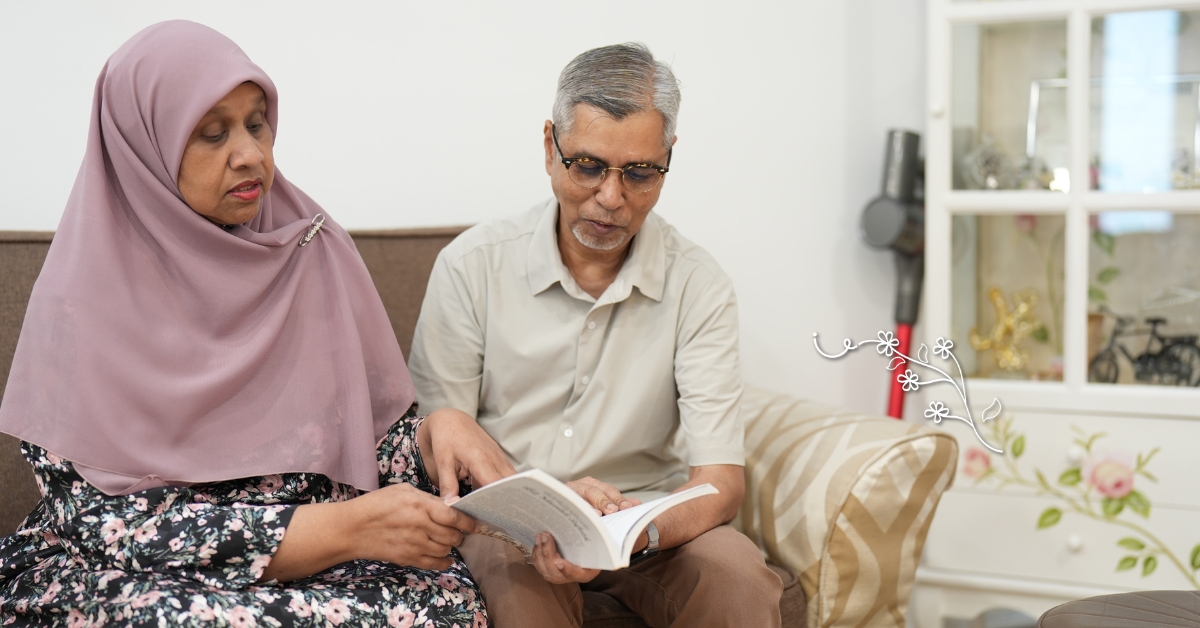
As senior parents, you might relish the time when your children are grown up and independent so that you’re free of hands-on parenting duties. For one silver couple in Singapore, their senior years involve being foster parents to a teenager, continuing a journey that began almost 15 years ago.
Ahamad Maricar, 66, and Roziah Binte Haji Jamaludin, 61, love children. They have two biological daughters – now aged 27 and 32 – and used to babysit their neighbours’ and family members’ children often. Roziah stopped working when her children were born and found it tough to rejoin the workforce once they were old enough for her to do so.
Hence, the couple thought that fostering would be a good option as she could be kept busy and they could provide a good life for a child who needs it, while building on their love of children.
Fostering provides children in need with a safe and stable family environment. These children are often removed from their birth families due to safety concerns. A temporary care arrangement, fostering aims to eventually reunite the children with their birth parents.
Ahamad and Roziah were approved by the Ministry of Social and Family Development (MSF) as foster parents in March 2010. The first child they fostered was a 10-year-old girl, who had been shuttled between several foster families before that.
Advertisement
When she came to us, we both had to make adjustments and it took a while for her to settle into our family,
says Ahamad.
"We also had other duties, such as applying for her school transfer. It wasn't an easy experience as both of us had to adapt – her to our family and us with getting used to having another child in our home."
The girl was placed in a home by MSF after a while and the couple felt disappointed as they had put in a lot of effort. However, it didn’t put them off fostering.
They have fostered six or seven children over the years and are currently foster parents to Khadija (not her real name), a 14-year-old girl who has been with them since she was a baby.
When she was a child, she didn't know the word 'fostering', so she has always treated us like her own natural parents,
says Ahamad, who works in customer service.
"As she has grown up, she has got to know more about fostering and understands that we are not her biological parents. But it's still difficult for her to understand that she also has a set of biological parents."
Although it's quite hard to explain this scenario to her, we have a bond with her as she's been with us since she was so young,
he adds.
Challenges of being foster parents
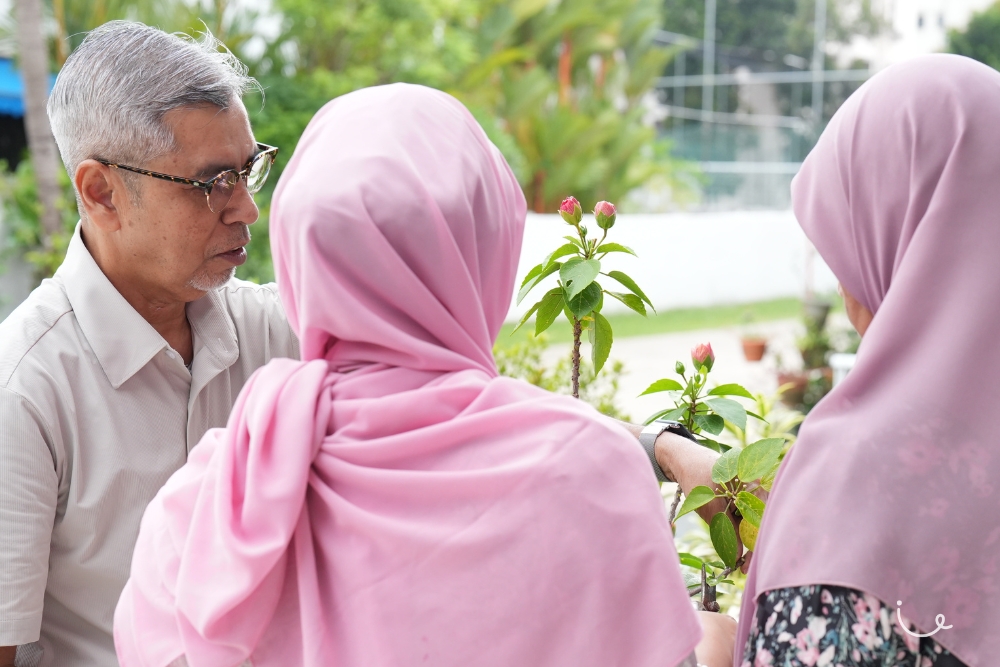
Whenever they face challenging situations with their foster child, Ahamad and Roziah try to solve things by talking to her and giving her advice. Their two grown-up biological daughters also chip in with advice when their parents need help with a situation.
The two daughters also treat Khadija as a sister, and Khadija is very close to them and their husbands. Hence, she does take guidance from them on what is right and wrong, says Roziah.
When Roziah’s daughters moved out of the house, Khadija was very down. The silver couple have had to step in and talk to her to get her adjusted to this new normal. Luckily, the grown children do visit their parents’ home often just to spend time with her.
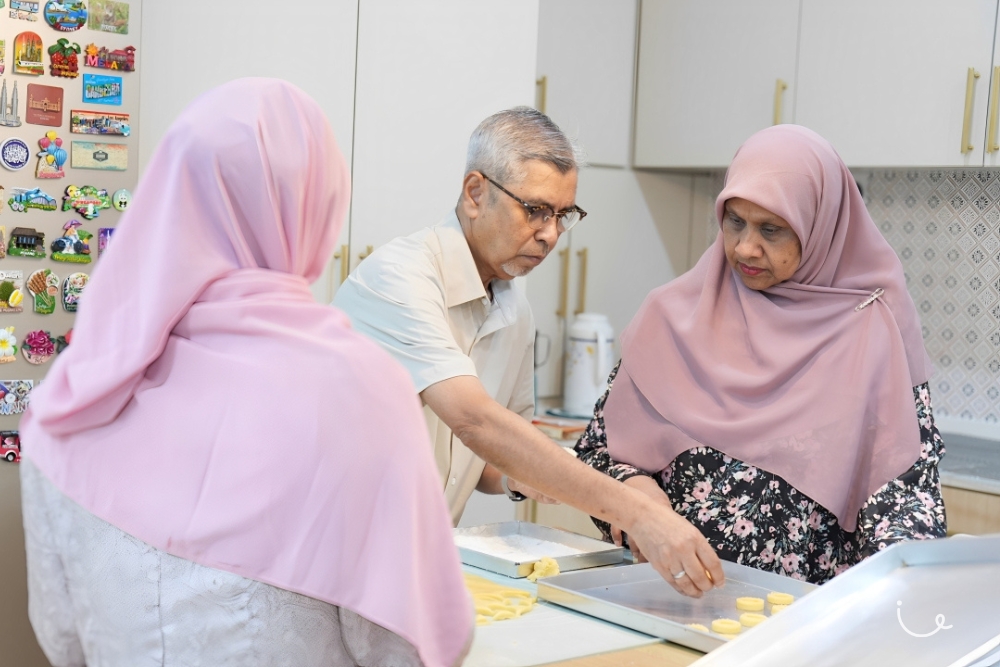
It hasn’t always been smooth sailing for the family, though. Ahamad shares that Khadija has had a lot of adjustment issues since she started secondary school. It also isn’t always easy dealing with a teenager, so “it can be very frustrating”. However, the family operates as a unit and Khadija is very much a part of it.
We get an allowance from MSF for her but we don't follow it strictly,"
Ahamad reveals.
"Sometimes, we spend on her like we do with our biological daughters, such as at Hari Raya. When we go on holidays, we never leave her behind."
“We have learnt patience and empathy”
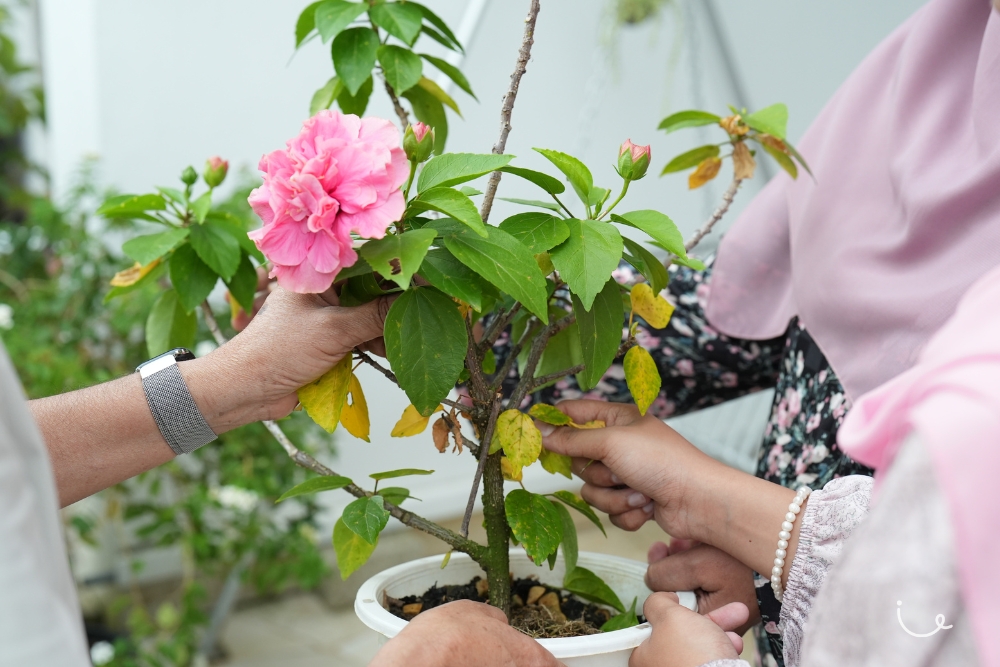
With their biological daughters no longer living with them, the couple has more time and room now, planning to “hopefully” foster more children. They describe fostering as “a nice experience, although it’s not easy, what we have gone through”.
You have to be prepared and treat them like your own kids. You have to have a lot of patience and empathy. A lot of foster children need some psychological and emotional support. When they're infants, they don't know that they have two sets of parents and when they grow up, they tend to be a bit insecure.
For anyone considering becoming foster parents, Ahamad has the following advice:
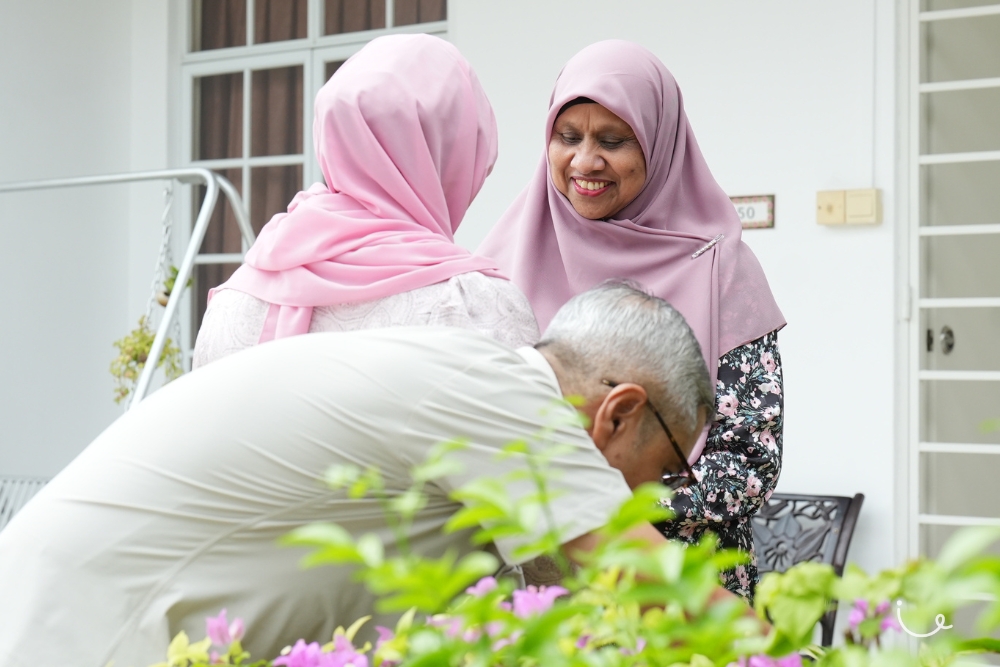
We have also learnt patience and empathy from this experience,
he adds.
"We always look at the less fortunate and say we should be thankful for what we have. And this is what I always try to instil into Khadija too."
How to become a foster parent in Singapore
The fostering approval process takes around three months. There is no maximum age for foster parents – you just have to be a married couple over 25 years old.
Other requirements include:
- Be financially stable and medically fit to care for children.
- Commit to providing a child-safe home environment, such as refraining from the use of physical punishment like caning or hitting.
- Have or are able to install window grilles if you want to foster children below the age of 13. This is part of providing a child-safe environment.
The approval process involves submitting application forms, interview session(s), a home visit and a medical screening.
Once you’re granted approval, training will be provided so you have the skills to better support your foster child. You will be contacted once a suitable match is found and you will be given the child’s background and needs. You’ll then have time to discuss with your family if you’re ready to welcome a new member.
Support for foster parents in Singapore
MSF provides a fair amount of support for foster parents, including a fostering allowance and various subsidies, training courses and a foster care worker. Foster parents are also able to claim childcare leave benefits just like biological parents.
There are also several support groups that foster parents can join. One of them is Home for Good, Singapore (HFG-SG), a registered charity that supports vulnerable foster children, youth, foster parents and the broader fostering community.
Joining the organisation’s network provides foster parents with access to valuable resources, emotional and practical support, and avenues for sharing experiences among foster parents and the fostering community.
HFG-SG established the Mentor for Good programme, which pairs experienced and new foster parents, offering guidance and mentorship throughout the fostering journey.
For individuals who cannot become foster parents but still wish to make a difference, HFG-SG encourages participation in the Buddy for Good programme. It matches volunteers with foster children, youth and families to provide essential befriending and practical support.


